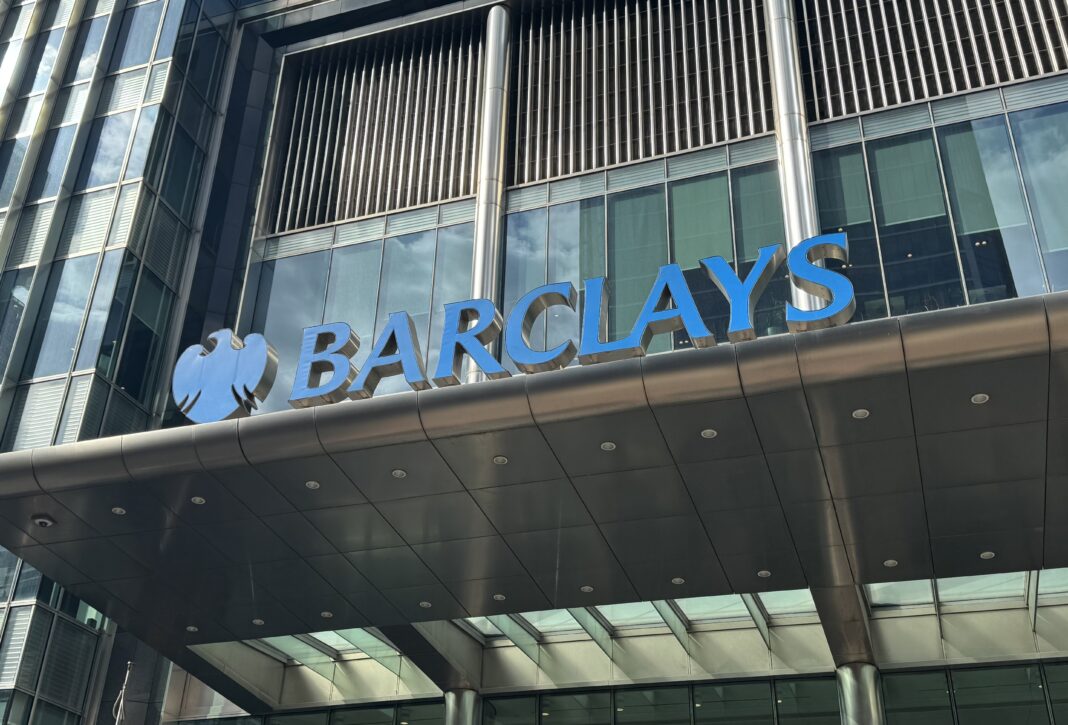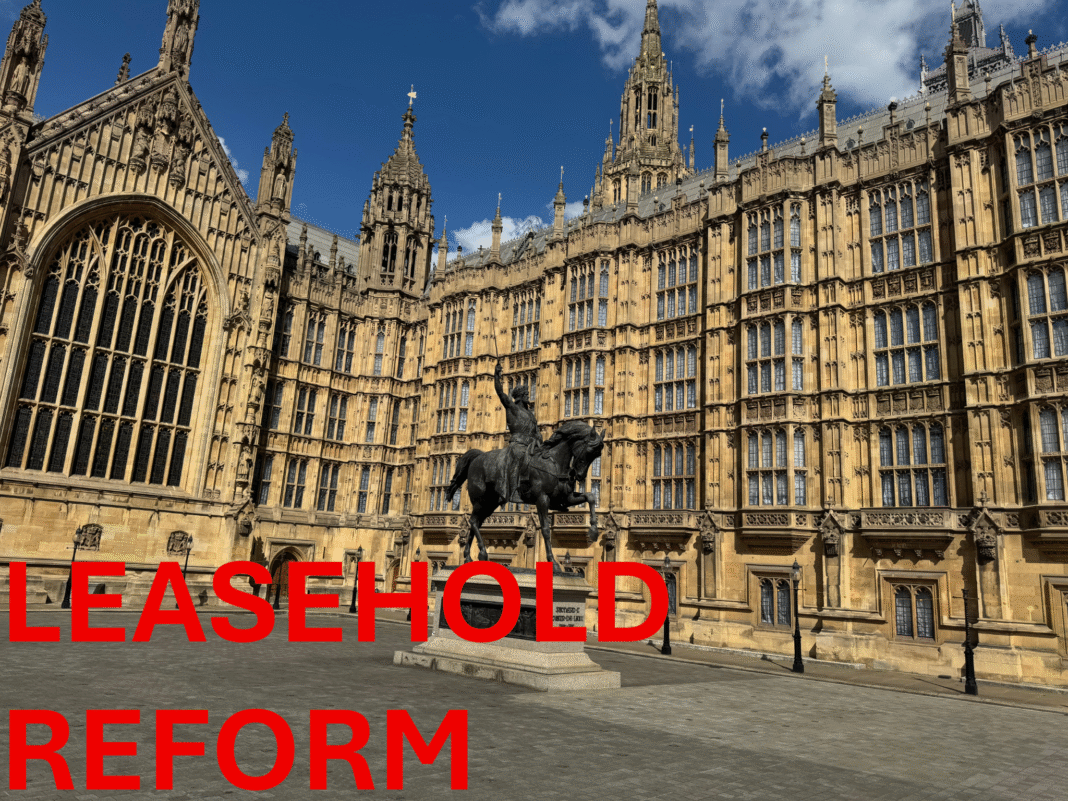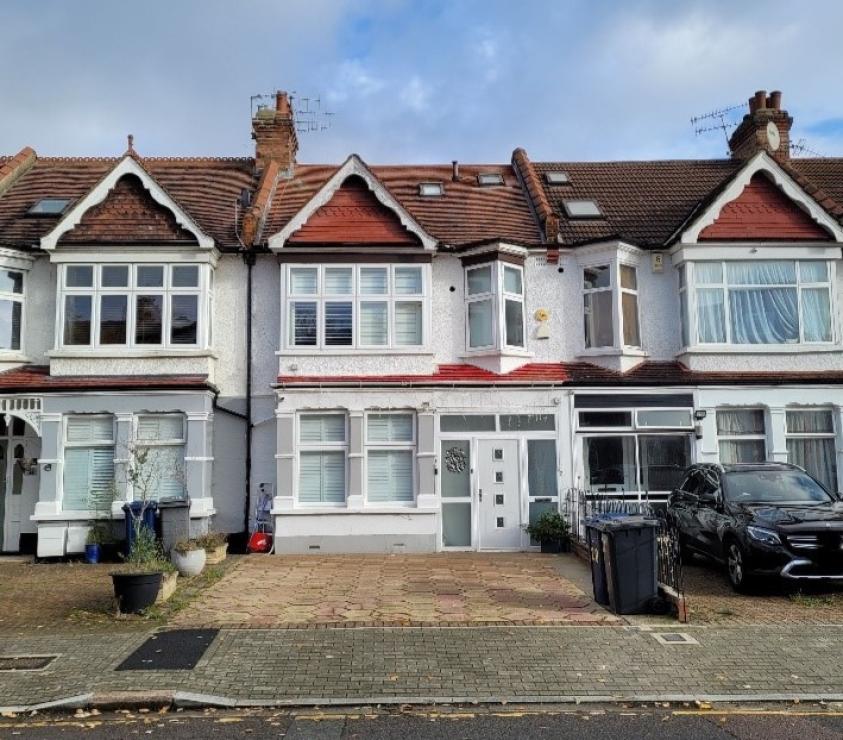Growth in mortgage and rental spending slowed for a fourth consecutive month in June, according to new data from Barclays.
Barclays’ latest Property Insights report reveals that combined spending on rent and mortgages rose by 4.3% year-on-year in June – down from 4.6% in May and continuing a steady deceleration from March’s 5.4% increase.
Meanwhile, a spell of warmer weather helped contain energy bills, with utility spending rising by just 1.2% year-on-year, down from 4.4% in May.
Consumer confidence in the housing market also fell back three percentage points to 27% after the Bank of England held the base rate at 4.25%.
AFFORDABILITY PERCEPTION IMPROVING
And there are also signs that affordability perceptions may be improving. The proportion of consumers citing property prices as a major barrier to homeownership fell by six points to 39%, while concerns about mortgage repayments dropped three points to 19%.
Despite cooling house prices and declining rates, many renters still view ownership as out of reach.
More than half (53%) believe they would be unable to buy a home without the aid of financial support schemes.
SHARED OWNERSHIP WOES
Yet awareness of government-backed initiatives remains low – particularly among younger would-be buyers.
Three in 10 consumers (31%) have not heard of the Shared Ownership scheme, a figure that rises to 39% among 18–34-year-olds.
Among those familiar with it, a third (34%) see it as a more affordable route onto the property ladder, and 19% believe such schemes offer a meaningful solution for first-time buyers struggling to save.
TRANSITIONING MARKET

Jatin Patel, Head of Mortgages, Savings and Insurance at Barclays, says: “Our latest insights reflect a housing market in transition. While lower mortgage rates are providing some relief, affordability remains a challenge.
“Our findings underscore the importance of tailored solutions to address the diverse needs of today’s prospective homeowners.
“While half of renters view homeownership as unattainable without financial support schemes, there remains a significant gap in awareness of initiatives like Shared Ownership, particularly among younger adults.
“Bridging this knowledge gap is crucial to empowering first-time buyers and fostering greater accessibility to the property market.”
SAVING SHORTFALL WIDENS
Among renters currently saving for a deposit, the average savings goal is just over £30,000 – targeted to be achieved within 4.8 years.
But the research shows a widening mismatch between aspiration and financial reality. On average, renters would need to save £527 per month to stay on track but are currently managing less than half that (£231), suggesting that many may fall behind unless their financial circumstances improve.
FLEXIBILITY DRAWS LATER-LIVE RENTERS
The data also sheds light on a shifting rental landscape, particularly among older tenants. One in five renters report having previously owned a home, rising to 40% among those aged over 55.
While 49% of tenants across all age groups believe renting is more expensive than having a mortgage, more than half (56%) of renters aged 55+ say they now prefer the flexibility renting offers at their stage of life – compared to a national average of 40%.
OPTIMISM OUTPERFORMS PESSIMISM

Will Hobbs, Managing Director of Barclays Private Bank and Wealth Management, says: “Data on the economy are telling a particularly incoherent story at the moment.
“We maintain that the starting point for the UK’s economy is better than widely acknowledged. Household balance sheets are more robust in aggregate and the corporate sector is potentially well placed to benefit from the incoming industrial revolution in machine learning and generative AI.
“The news of the world around us remains unsettling, but it is important to remember that the economy is capable of dancing to a quite different tune.
“Blind optimism ultimately outperforms sober pessimism when it comes to the economy over longer periods of time, primarily because the march of technological change.”









